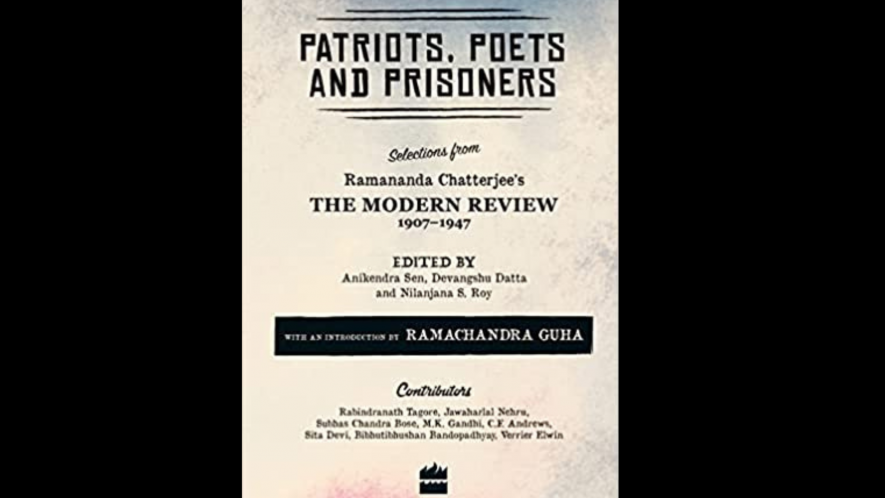
The book carries an introduction by Ramchandra Guha and the collection is dedicated “To independent India and to liberal values, two things that Ramanand Chatterjee fought for.’ The Modern Review journal was started by Ramanand Chatterjee in 1907 and it continued after Chatterjee’s death in 1943. It was one of most influential journal and people involved in freedom struggle, belonging to even revolutionary stream were aware of it and read it. The journal represented the galaxy of writers from Gandhi, Nehru, Subhash to Tagore, Premchand and more.
Guha, in his introduction, underlines the importance of The Modern Review as a journal and Ramanand Chatterjee as editor of the journal. The Foreword is a note by the editors.
The selection begins with an article by Ramanand himself, ‘Towards Home Rule’ and then moves on to other authors selected for this collection–Sister Nivedita, Lala Lajpat Rai, M K Gandhi, Rabindra Nath Tagore, Jawahar Lal Nehru, Subhas Chandra Bose, R S Pandit, Sant Nihal Singh, Rajkumari Amrit Kaur, Satyendra Chandra Mitra, C F Andrews, Bankim Chandra Chatterjee, Verrier Alwin, Premchand, Sita Devi, Bibhutibhushan Bandyopadhyay, Albert Einstein, Roman Rolland, Nirmal Kumar Bose, Sir Jadunath Sarkar and Atul Home. The book ends with ‘1947: Dawn of A New Age’ with Nehru’s first address from Red Fort as Prime Minister of Independent India on August 15,1947.
The book has varied forms of selection, mostly these are political writings of eminent Indian freedom struggle, but it has a fair sprinkling of literature by eminent writers of that time, which includes translations from other languages, such as Premchand is translated from Hindi. Apart from fiction, poetry is also included.
Ramanand Chatterjee also brought out Prabasi in Bengali and Vishal Bharat in Hindi from his press in Calcutta. Vishal Bharat was edited among others by Banarsi Das Chaturvedi for some time.
The book has many interesting and historic writings included in the collection as debate between Gandhi and Lajpat Rai, Bose’s story of escape, Nehru’s self-critical write up in the fictitious name of Chanakya. Interviews of Einstein conducted by Tagore, of Romain Rolland by Subhas Bose and of Gandhi by Nirmal Bose. Subhas Bose and Nehru memoirs of Europe are literary in style.
Bhagat Singh had written to Ramanand Chatterjee from the Lahore jail in response to his editorial about the Inqilab Zindabad slogan, which was published in The Tribune. But, it seems the letter was not published or did not reach The Modern Review. It would have been good if the editors and Guha had cleared that. In fact, the inclusion of that letter would have made the volume richer.
In totality, the collection is a pleasant read.




